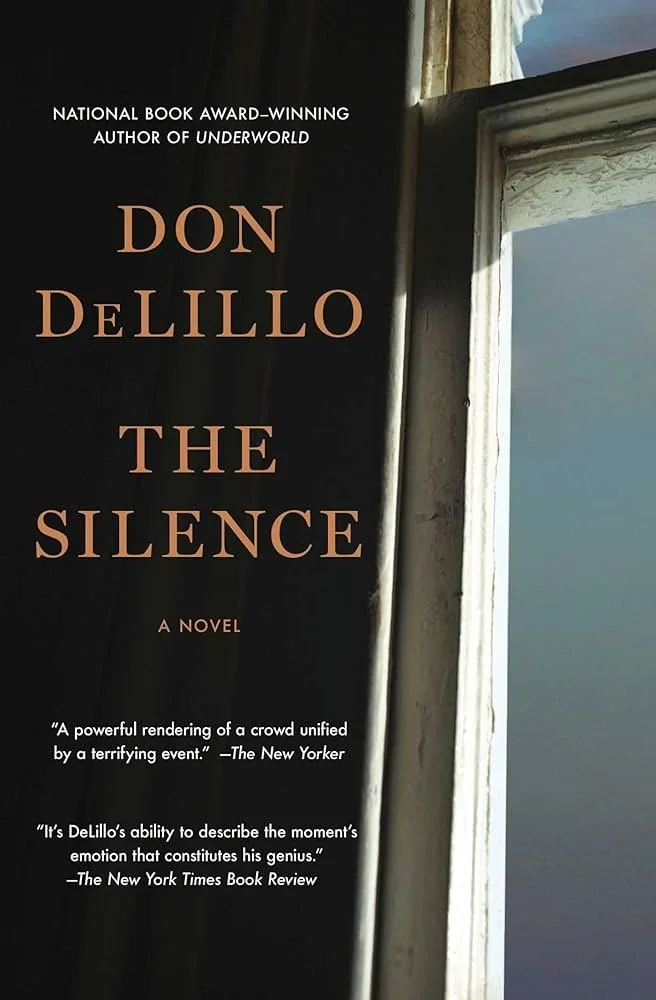Classic Book Review : Don DeLillo - Libra (1988)
In a not so distant world, the assassination of John F. Kennedy was the greatest unsolved mystery of the twentieth century. Conspiracy theorists were invited on television to debate of who between Fidel Castro, the Chicago mafia or the CIA killed the most powerful man on Earth. Since the U.S Justice department stated there was no persuasive evidence of a conspiracy, the official history has become that Lee Harvey Oswald killed the president and acted alone, without any inside help whatsoever. That is equally crazy if you ask me.
There’s a gap between official history and conspiracy theories, where the truth lies. A gap Don DeLillo’s seminal novel Libra courageously tries to bridge.
Libra imagines the process that lead Lee Harvey Oswald to become a murderer and the face of anti-patriotism in the United States. That process does not only involve Oswald. There’s a handful of CIA agents looking to stage a coup in order to bolster the fight on communism, communists who believe it’s a great fucking opportunity to try and murder the U.S president and a wide cast of bureaucrats with suspicious motives. There’s no evil overarching plot to kill John F. Kennedy, but this is how these things happen: they’re institutional clusterfucks that eventually get swept under the rug.
What makes Libra a special novel is the complexity and humanity it portrays Lee Harvey Oswald with. He’s neither smart nor dumb. He’s not evil, but deeply conflicted. He’s a left-leaning, militant young man who genuinely want to make the world a better place. There’s a beautiful scene in chapter 1 (DeLillo might be the best chapter 1 writer of all-time) where Oswald rides the New York subway between cars in order to feel its mechanical power. It was a great, subtle and wordless way to illustrate that he wants to belong to something greater, more important than himself.
The Lee Harvey Oswald of Don DeLillo is not that different from the idealistic left-leaning militant of 2020 who plasters his opinions all over social media. He was motivated by a desire to change the world. Make it a better place. That conviction lead him to travel to Russia and sealed his fate with the U.S government. Because his experience lead him to a confrontational relationship to the U.S government, his way of making the world a better place was to topple established order. Idealism and purity of intent will lead to you a dark path if you follow them with your eyes closed.
Libra also features a parallel storyline with a CIA archivist named Nicholas Branch, trying to piece together the assassination of John F. Kennedy from fragments of information. Branch mirrors the reader/everyman and the dialogue between DeLillo’s imagined conspiracy and the traces it left through history is really where the novel shines. The ultimate statement Libra makes is that facts don’t tell the truth. The truth lies in the heart of people who create history, but not in the artifacts they leave behind. That’s why there will always be speculations and conspiracy theories.
There’s an institutional reverence around Libra and it’s easy to understand why. It’s a supremely ambitious book that amounts to more than the sum of its parts. Where any author would’ve been happy just to speculate on what happened on 11/22/1963, Don DeLillo tells the story of what happened to us since then. Sure, it’s sprawling and sometimes excruciating in its minutiae (the Russia parts are jarring), but it’s hard not to like the final product. I wouldn’t say it’s my favorite DeLillo (White Noise is), but it sure ranks in the top 3. It’s an attempt at redefining how we understand ourselves and history.
8.3/10






